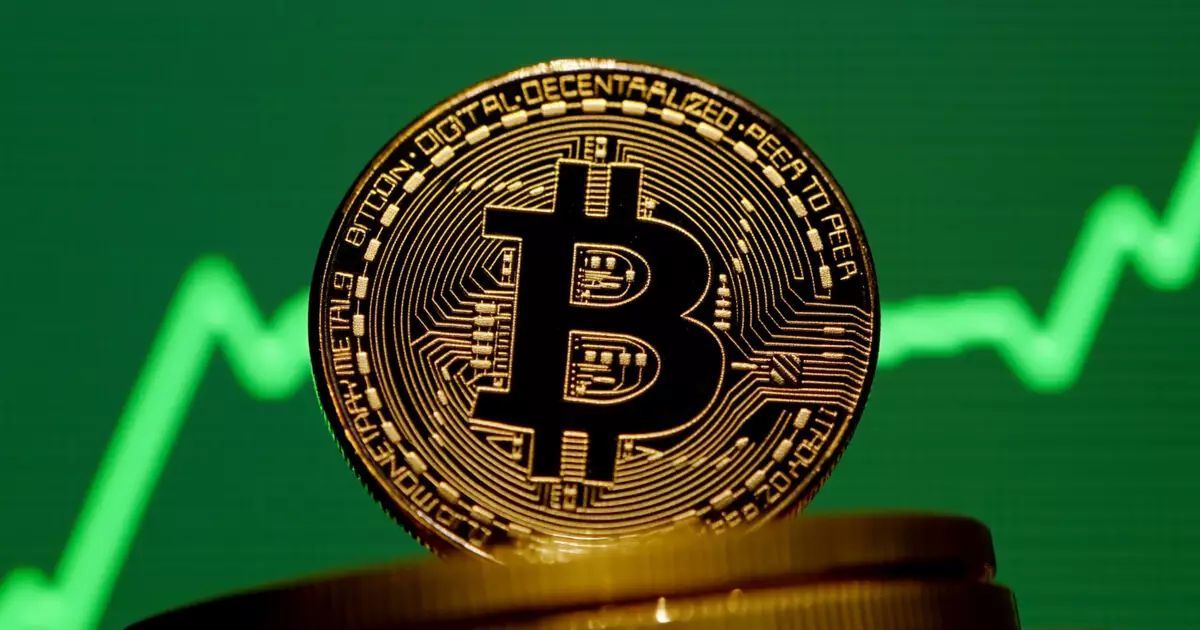In the rapidly evolving world of cryptocurrency, Bitcoin (BTC) stands out as the most prominent digital asset, often sparking debates about its classification. Recently, Howard Lutnick, CEO of Cantor Fitzgerald, expressed a strong viewpoint advocating for regulatory treatment of Bitcoin akin to that of gold and oil. His comments, made during a segment on Fox Business, underscore the ongoing challenges surrounding the regulation of cryptocurrencies and the need for a more thorough understanding by regulators.
Lutnick articulated a prevailing sentiment among many in the crypto community: that regulatory bodies lack a foundational comprehension of digital assets. He criticized the approach of lawmakers and regulators, asserting that their understanding is limited and that their legislative actions often lack substance. His remarks highlight a critical issue: when those in power do not grasp the transformative potential of cryptocurrencies like Bitcoin, it hinders fruitful dialogue about appropriate regulatory frameworks. Lutnick’s assertion that regulators do not know how to effectively oversee crypto raises questions about the preparedness of these institutions to handle an asset associated with such high volatility and speculation.
Despite regulatory confusion, Lutnick remarked on the clear commodity status of Bitcoin. He differentiated between Bitcoin and other altcoins, suggesting that Bitcoin’s established nature as a digital store of value reinforces its legitimacy. This acknowledgment aligns with the view of SEC Chairman Gary Gensler, who has categorized Bitcoin as a commodity, even though other regulatory bodies might not yet fully embrace this designation across the board. The ongoing debate about Bitcoin’s classification reflects a broader struggle for coherence in a regulatory environment that is still catching up to the rapid evolution of digital currencies.
In an exciting development for investors, Cantor Fitzgerald announced plans to roll out a $2 billion financing service tailored for Bitcoin investment. This move illustrates a growing willingness within traditional finance to engage with cryptocurrencies. Lutnick’s ambition to create a platform that unlocks Bitcoin’s full potential aims to bridge the gap between conventional markets and the crypto sphere. However, existing regulatory hurdles, such as capital reserve requirements for banks holding Bitcoin, challenge the expansion of cryptocurrency services. Lutnick’s optimistic timeline for banks to engage deeply with Bitcoin within five years suggests a significant shift is on the horizon and emphasizes the potential trajectory of crypto adoption among traditional institutions.
The discussions surrounding Bitcoin, as articulated by Lutnick, reflect a broader call for regulatory reform that recognizes and respects the unique attributes of cryptocurrencies. As traditional financial entities become more interested in cryptocurrency transactions, the imperative for regulators to update their approaches becomes increasingly evident. The evolution of Bitcoin and its acceptance as a commodity will likely shape the future of finance, presenting both challenges and opportunities for industry stakeholders. Without a concerted effort to understand and adapt to the nuances of this new financial landscape, regulators risk missing the potential benefits of an inclusive and well-regulated cryptocurrency environment.



















Leave a Reply